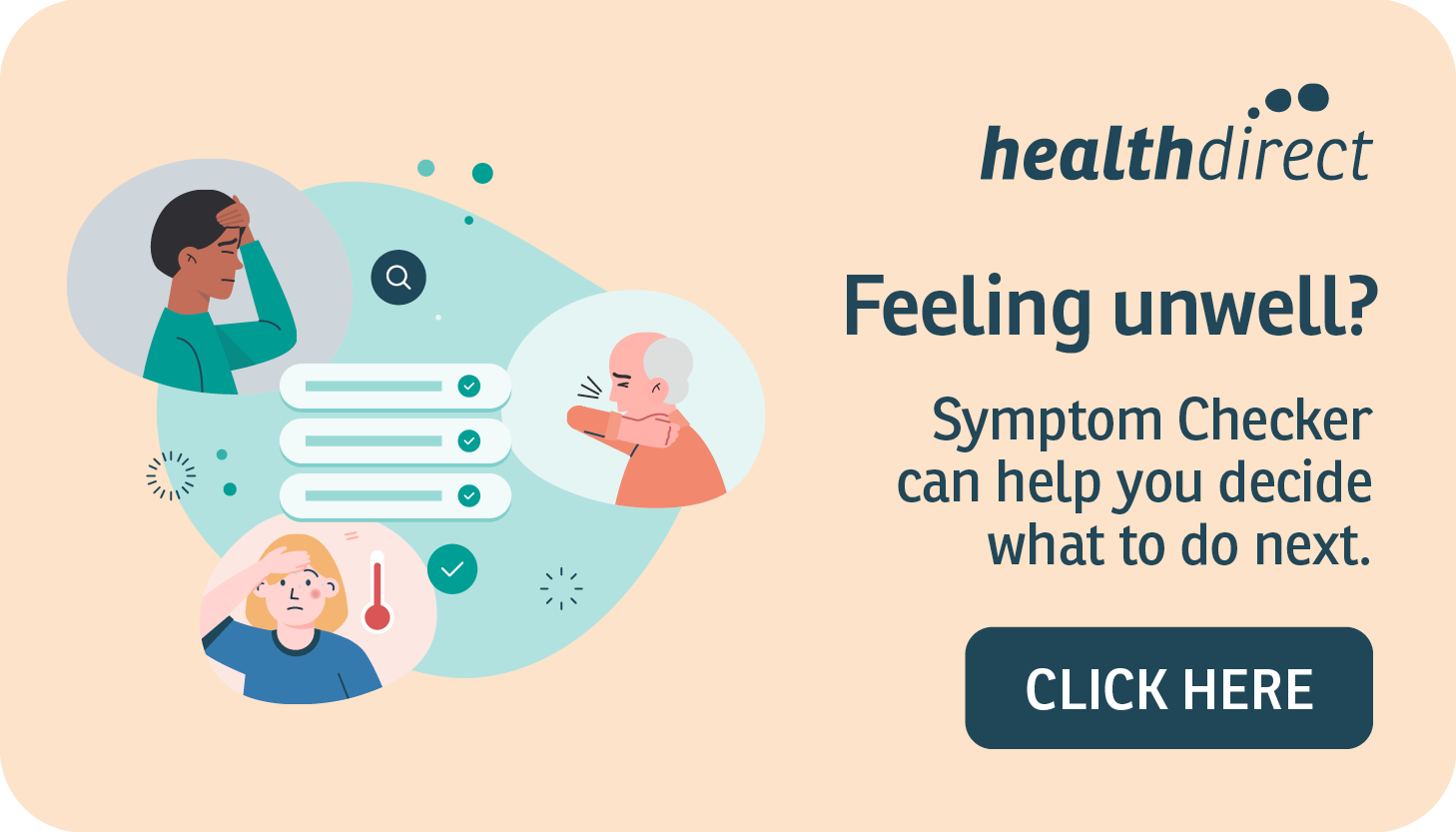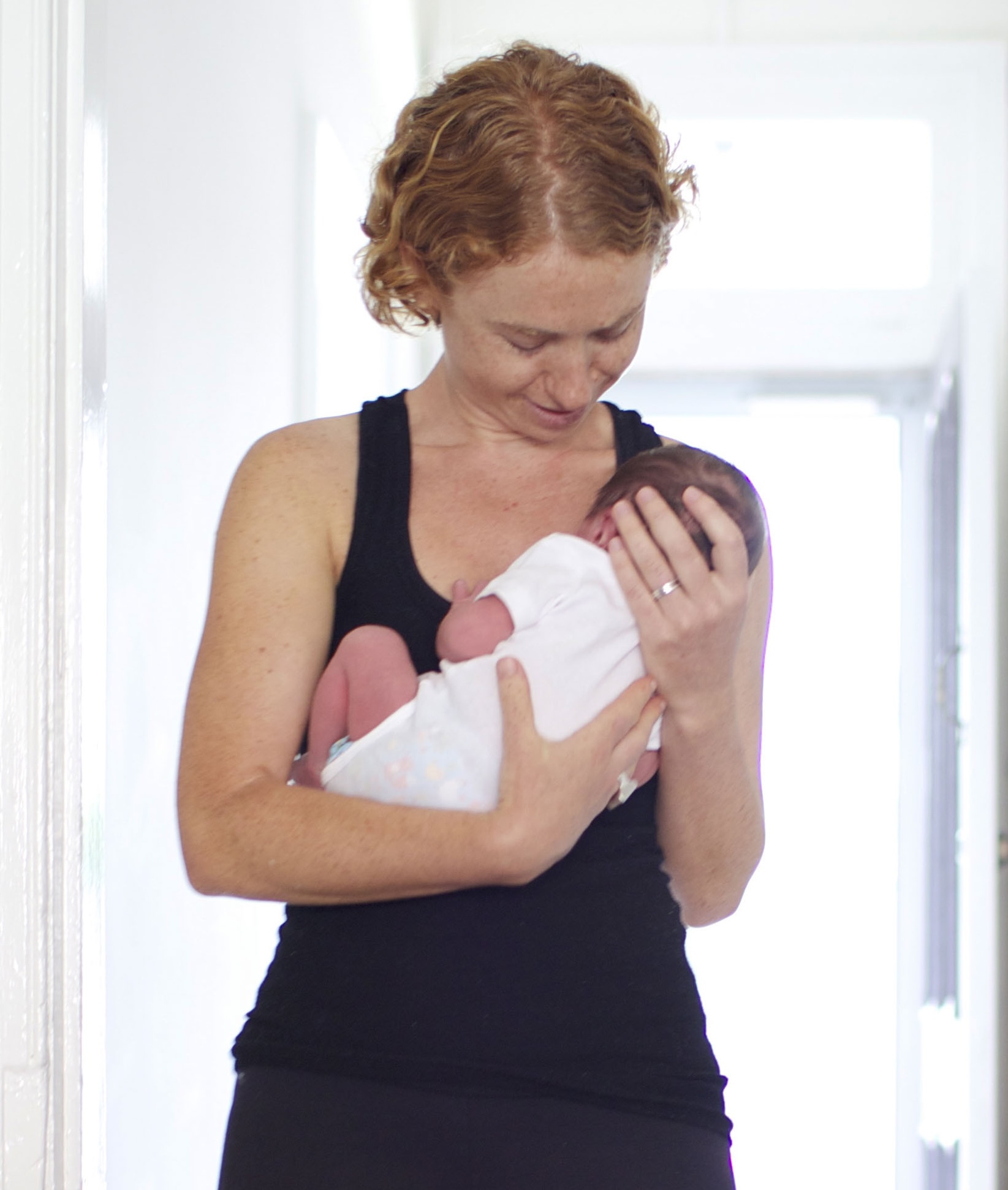Fortunate
I was fortunate to fall pregnant with my first baby effortlessly, and fortunate to have an uneventful pregnancy.
Then I went into what would turn out to be a thirty-three-hour labour on two hours sleep. I fell asleep as my caesarean incision was being stitched up.
That was the last time I slept for my remaining four days in the maternity hospital. As a first-time mother I had no reference point for this insomnia and put it down to early parenthood, even though my baby slept ‘normally’ for a newborn.
By the morning I was due to be discharged from the maternity hospital, the nurse who walked into my room with the breakfast tray was greeted with the sight of me curled up on the floor, crying, while my husband rocked our daughter at the head end of the bed.
I was fortunate.
This nurse didn’t fob me off with talk of the baby blues. She alerted the obstetrician on call, who referred me to the BCPND (Brisbane Centre for Postnatal Disorders) a mother baby unit (MBU) in Belmont Private Psychiatric Hospital. I was reluctant to stay, as are many first-time patients of psychiatric hospitals. Eventually I was persuaded.
I am so grateful I stayed.
Two days later and continuing on no sleep, even after having sleeping tablets, my mood elevated rapidly and then detached itself from reality. Terror raced through my veins and made me tell delusional lies:
‘No, I didn’t have a baby.’
‘No, I don’t know this man.’ – when asked who my husband was.
My husband was told: ‘This looks like postnatal psychosis’ and was handed our week-old daughter with instructions to pick up bottles, formula, and a steriliser on the way home.
I was too sick to stay in the MBU and was transferred to the SCU (Special Care Unit), the highest security ward in the hospital. I was started on high dose antipsychotic medication.
My husband asked: ‘What should I have done if we’d been at home?’ and was told ‘Call an ambulance.’
He asked ‘How long until she is better?’ and was told: ‘It could be weeks, maybe even months.
I was so very fortunate.
I was a patient in a private psychiatric hospital when I had that first psychotic episode. A rapid diagnosis and appropriate treatment meant I was well enough to be back in the MBU within a week.
When I went home two weeks later, I was sure the worst had to be over. But it wasn’t. A rebound depressive episode a month later turned catatonic. I was barely able to move, eat, talk, or breathe. My daughter and I moved back into the hospital’s MBU. My parents helped look after her during the day, when I was too sick to.
One antidepressant after the other failed to make a difference. A course of ECT (Electroconvulsive Therapy) and a lot more medication finally got me better. My daughter and I left the hospital when she was four months old. I went on to fully recover.
I returned to veterinary work, finished the Masters degree I’d started before I had my baby, looked after my daughter and started work on a manuscript for a memoir relating my experience of severe mental illness…
My daughter recently turned thirteen. She has a nine-year-old little brother. The manuscript will be published as a memoir next year.
This memoir didn’t end up being what it started out as. It started out being about an experience with postnatal psychosis, a severe mood disorder confined to the perinatal period. I wanted to live happily, mentally healthy ever after that first episode of illness.
But I experienced psychosis and depression again in the year after having my son. My psychiatrist’s provisional diagnosis of Bipolar 1 Disorder was proven true when I continued to have episodes of mania, psychosis, and catatonic depression every two to three years long after the perinatal period.
This illness has taught me more about mental health than I could have known had it not been in my life, and some of my mentally healthiest times came after my diagnosis.
I am privileged.
I am fortunate.
I can afford private health insurance, which gives me access to the best quality care. Thanks to this care I live a highly functioning happy life, even though it is with a severe mental illness, that intermittently completely incapacitates me.
Anita's Story
Please submit your details below and we will be in touch soon.
Related Fact Sheets








.webp)















.png)

